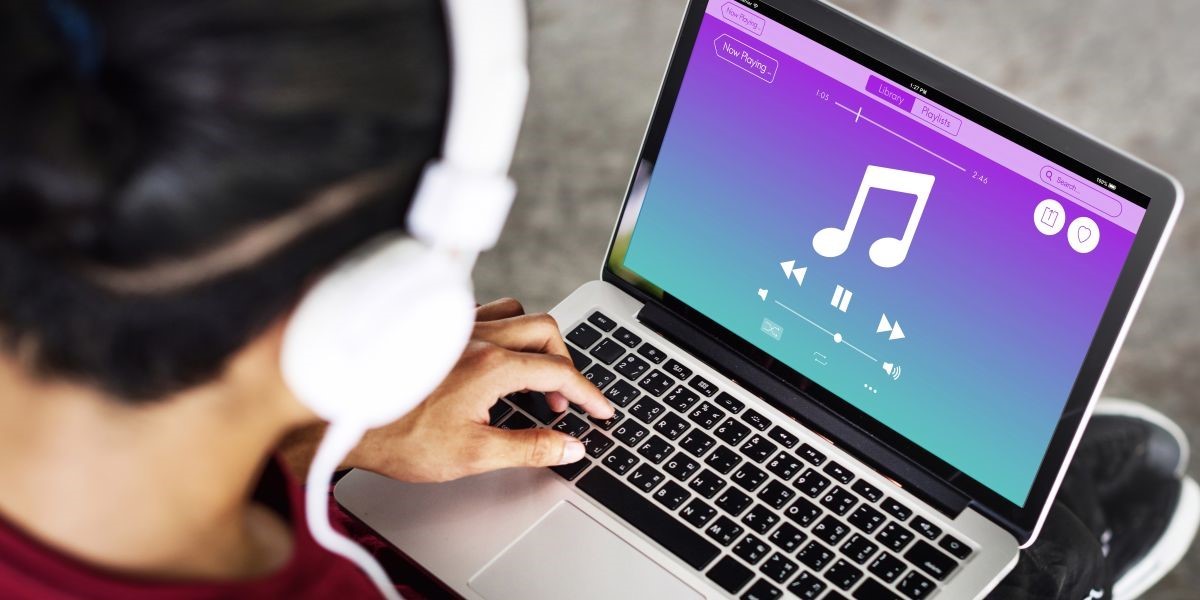
Guides

Pick a powerful podcasting laptop for cheap
What is the best podcasting laptop? This is one of the most frequent questions that I get asked by my clients. Still, the answer to this question isn't that easy, because the computer industry is a very dynamic one. This means that a laptop that might have been ideal for podcast production and distribution last year may be outdated today. So, let's see what are the most important criteria that you should consider before investing a grand or two into a powerful laptop.
Begin by considering what digital audio workstation you plan to use for your podcasts. Some lightweight tools, such as Audacity, will run fine on ancient computers that have 4GB of RAM and 20 MB of free space, while fully fledged DAWs such as Pro Tools require 16 GB of RAM and 15 GB of hard disk space.
If budget isn't an issue, my recommendation is to choose a laptop that is able to run Pro Tools; this way, if you'll discover that you need a more powerful piece of software later on, you will be able to run it without having to replace your laptop. It goes without saying that your machine should be able to run this application, as well as all the desired plug-ins, which use additional memory and disk space, without hiccups.
In fact, the amount of RAM memory that's installed in your laptop is very important, and it's not an expensive component. I'd rather have a slightly weaker CPU and lots of memory, instead of having a faster CPU and less memory. There is a simple explanation for my choice: once that the entire RAM has been used, the laptop will start utilizing hard disk space as additional memory, and this will slow down things a lot, even if you've got a fast CPU.
Don't get me wrong; I'm not saying that having a fast CPU isn't important, but you won't see a significant performance improvement if you upgrade your processor from 2.6 GHz to 3 GHz.
Professional musicians know very well that latency is essential when it comes to sound and music recording. When you speak into the microphone, the sound needs some time to travel from the input to the output. The amount of time that's needed for this process is usually expressed in milliseconds and represents the latency. Every audio system in the world has some latency, and you want it to be as low as possible. To give you an idea, sound systems that have latencies of over 20 ms are considered to be poor, because people can actually hear the delay.
To minimize latency, your laptop needs to include a high-quality soundcard. Since this is not a common laptop feature, another idea is to use an external soundcard, which will significantly increase sound quality and reduce latency. A fast CPU will help reduce latency as well.
In the end, try to plan your laptop purchase thinking at future upgrades. While you won't be able to change its motherboard, it's important to pick a laptop that allows you to add more memory, replace the hard disk with an SSD or with a larger drive, and so on.
Should you choose a MacBook or a Windows-based laptop for podcast production? If you love Macs, stick with what you like and know. And if you love Windows, use the tools and the OS you're already familiar with. Frankly, there are lots of great applications for both operating systems, even though I'd say that we will probably see more DAWs being built for Windows in the future. I may be biased, though; I've been using Microsoft's OS for more than 20 years now.